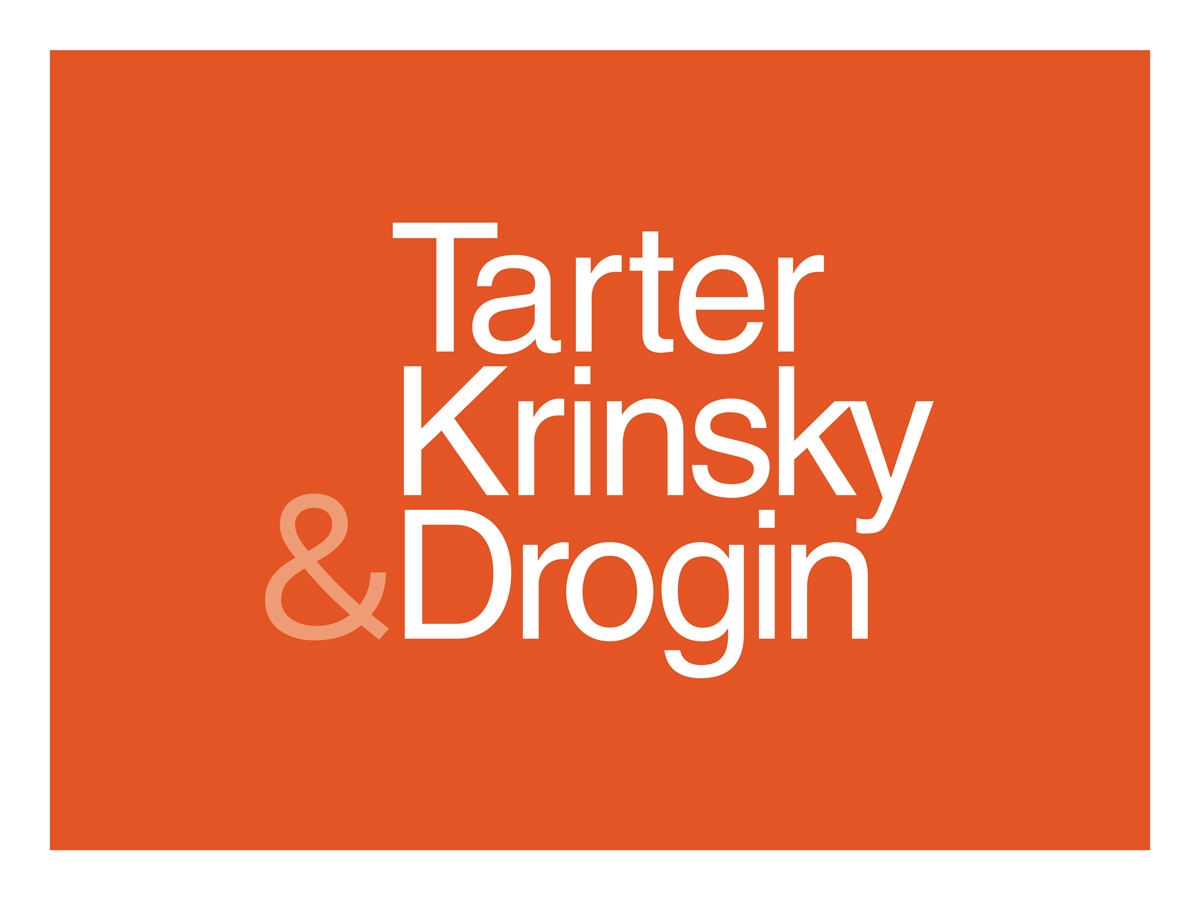The legal landscape surrounding non-fungible tokens (NFTs) is still within its infancy stages and is largely an unprecedented field of law. Nonetheless, some have started to test the waters in this uncharted area around the globe, and the evolution of case law regarding the various issues, rights, and obligations in connection with NFTs, from minting to selling and buying, will inevitably follow.
While the Executive Order on Ensuring Responsible Development of Digital Assets, dated March 9, 2022 (the Executive Order), and draft legislation underway demonstrates efforts to develop and regulate these digital assets in the U.S., the lack of clarity and direction presently has most heeding with caution.
NFT Rulings in Courts Abroad
The most significant development this year thus far was from across the pond. U.K’s High Court landmark ruling in Lavinia Deborah Osbourne v. (1) Individuals Unknown (2) Ozone Networks Inc., held that NFTs are considered property. The ruling that NFTs are indeed property permitted the plaintiff to obtain relief over the asset. The relief granted by the Court included (i) an interim proprietary injunction, which essentially freezes the NFTs, and (ii) a Banker’s Trust order compelling defendant, Ozone Networks Inc., a U.S. company that operates the NFT marketplace, OpenSea, to provide identification of the user(s) in control of the wallets where the NFTs had been traced. A rather unique component of the order was that the Court permitted Ozone to apply to modify or discharge the order within a specified period of time. The rationale provided for this was to provide a safeguard in the event there were other factors and risks to Ozone that were not fully appreciated by the Court. It is noteworthy to mention, however, that, to date, there has not been much pushback from these digital platforms and exchanges, when it comes to a Court ordered information request. The Osbourne case certainly represents a milestone in the treatment of NFTs among U.K. courts and under English law.
It seems others around the globe are moving toward this trend and treatment as well in an attempt to safeguard digital assets. On May 13, 2022, the High Court in Singapore was the first in Asia to grant a proprietary injunction to freeze the sale and ownership of an NFT on the Ethereum blockchain on behalf of a Singaporean investor against an unknown defendant that goes by “chefpierre” on digital platforms. The Singapore case deviates from the traditional hacker case and revolves around a loan agreement wherein the NFT was to be held as collateral while awaiting repayment. The loan was not paid, although extensions were to be granted, and the defendant moved the NFT to their personal Ethereum wallet to begin advertising on OpenSea. The crux of the plaintiff’s case is requesting to repay the loan in exchange for the return of collateral.
Although this area is still developing, it seems that many international courts are starting to make efforts to protect the digital assets of their citizens.
[View source.]
See more »
DISCLAIMER: Because of the generality of this update, the information provided herein may not be applicable in all situations and should not be acted upon without specific legal advice based on particular situations.
© Tarter Krinsky & Drogin LLP var today = new Date(); var yyyy = today.getFullYear();document.write(yyyy + ” “); | Attorney Advertising
Refine your interests »
This website uses cookies to improve user experience, track anonymous site usage, store authorization tokens and permit sharing on social media networks. By continuing to browse this website you accept the use of cookies. Click here to read more about how we use cookies.
Back to Top
Explore 2022 Readers’ Choice Awards
Copyright © var today = new Date(); var yyyy = today.getFullYear();document.write(yyyy + ” “); JD Supra, LLC
Author
Administraroot


